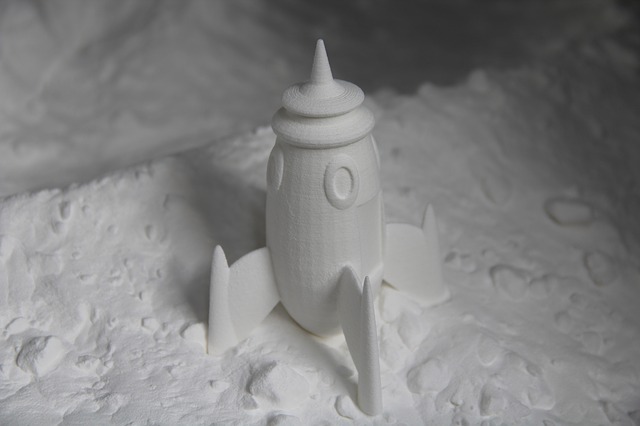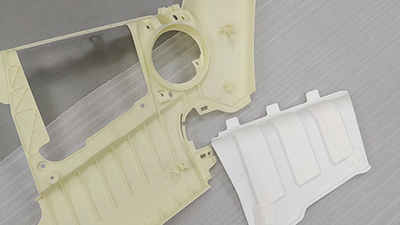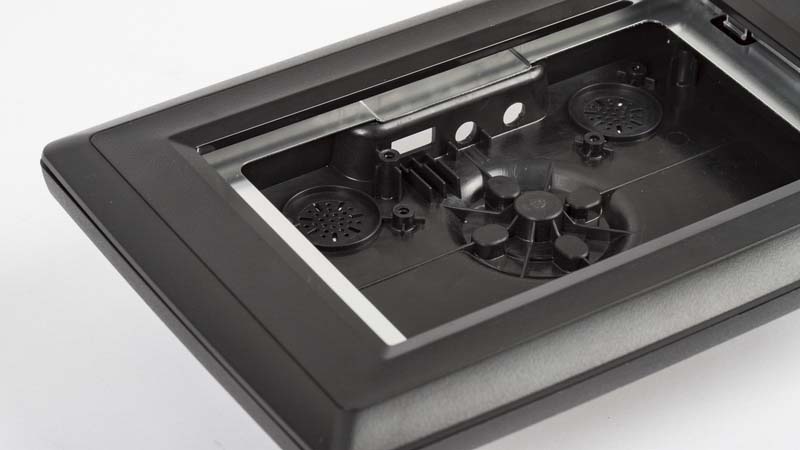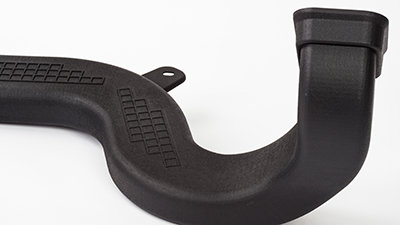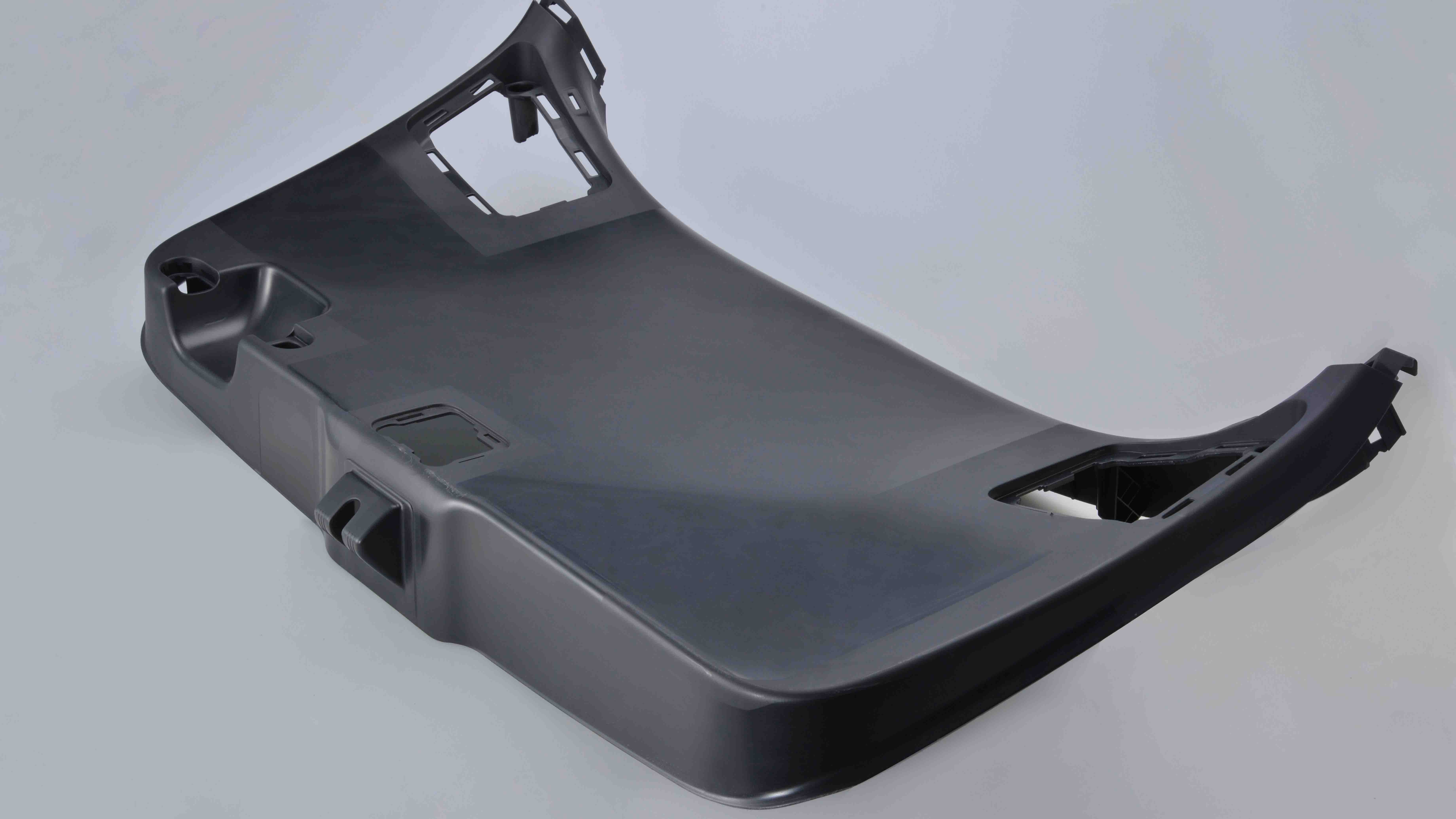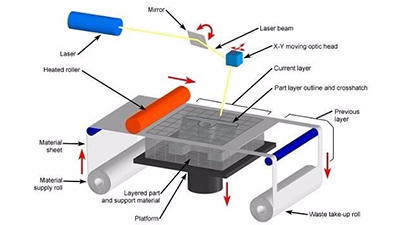Mastars is a company specializing in
rapid prototyping and
injection molding, including rapid prototyping and mass production of auto parts, such as door / roof / seat / bumper / car, etc.We have rich experience in this area and are committed to bringing perfect products to customers
Germany is the birthplace of the modern automobile and the country with the longest history of automobile production. Since Karl Benz invented the first car in 1886, the German automotive industry has been developing for more than 130 years.

As Germany's first pillar industry, the German automotive industry is known as the "crown jewel of manufacturing" and has created unimaginable value for the German economy, with nearly one million jobs alone.
Looking back on its 100-year history, the development of the German automotive industry, like other countries in the world, has gone through several stages, and each stage of development has been closely linked to the political, economic, social and cultural aspects of Germany. It can even be said that, in a certain sense, if you understand the German automotive industry, you understand half of the German manufacturing industry.
In the 1870s, the second wave of the industrial revolution in the West was in full swing. The Germans seized the opportunity and in just 30 years, quickly became one of the world's industrialized powers.
During this period, many people in Europe were quietly developing the "automobile". However, the basic consideration was how to install the power unit on an off-the-shelf carriage, including Karl Benz and Gottlieb Daimler.
Later, due to the invention of internal combustion engine, Germany began to emerge a number of automobile factories, research and development ideas also began to diversify, in 1886, 42-year-old Karl Benz with their invention of horizontal cylinder and large horizontal flywheel engine "three-wheeled monster" obtained a patent for the invention of the car, and founded the Mercedes-Benz automobile company. In the same year, 52-year-old Gottlieb Daimler and his friend Wilhelm Maybach installed the newly developed vertical engine on a four-wheeled carriage and successfully invented the first Daimler car, and then they jointly founded Daimler Motor Company.
In 1901, there were only 12 car factories in Germany with 1,773 employees and an annual production of 884 cars; by 1908, there were 53 car factories in Germany with 12,400 employees and an annual production of 5,547 cars. By the First World War, the German automobile industry had basically formed an independent industrial sector, with more than 50,000 automobile manufacturing workers and an annual output of 20,000 automobiles, second only to the United States.
From 1961 to the present, more than 60 years, the German automobile industry under the high-tech support, production, quality double upgrade, from Germany to the world, the achievement of the glory of the German manufacturing industry, but also accompanied by pain on the road of transformation.


